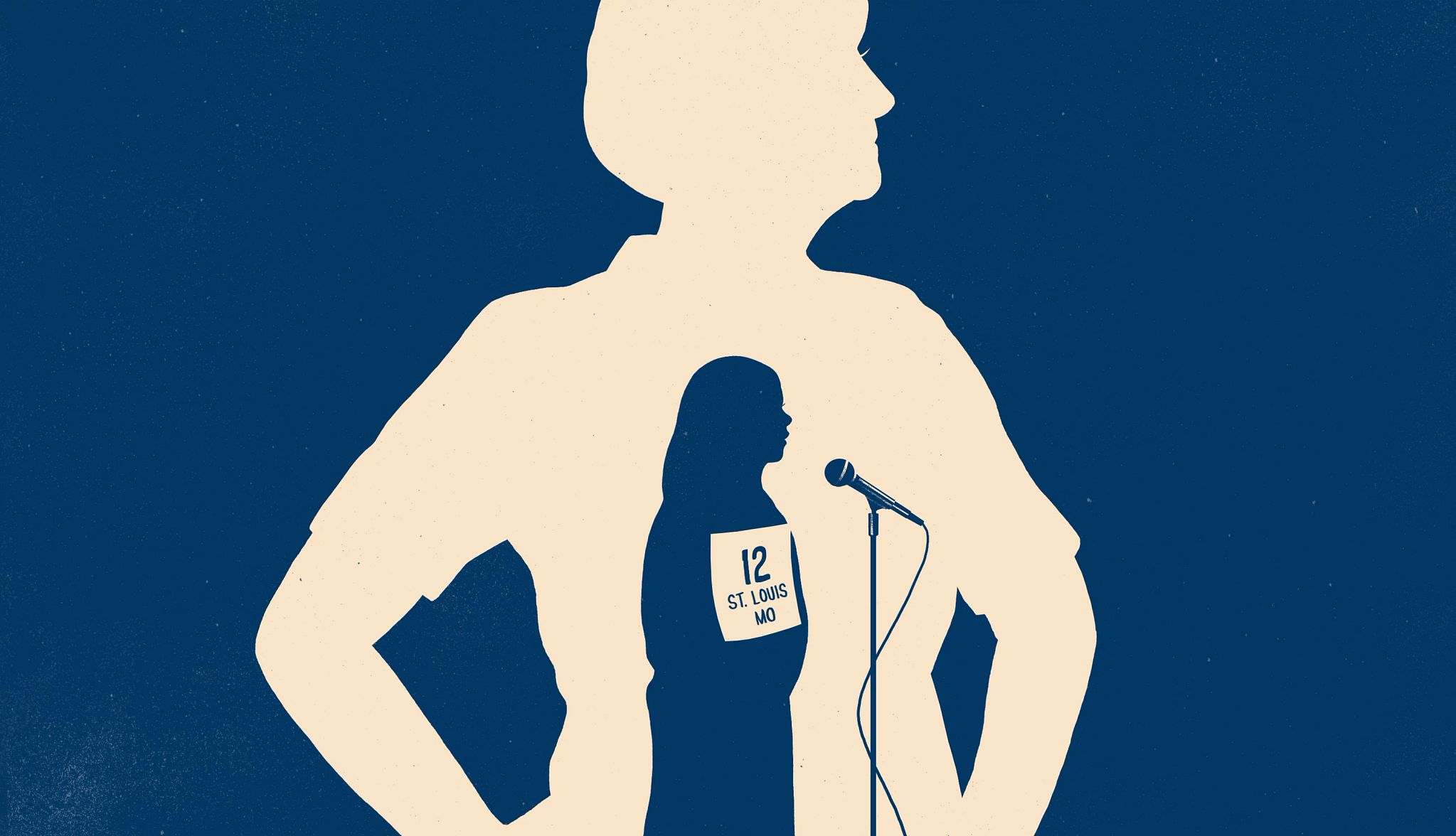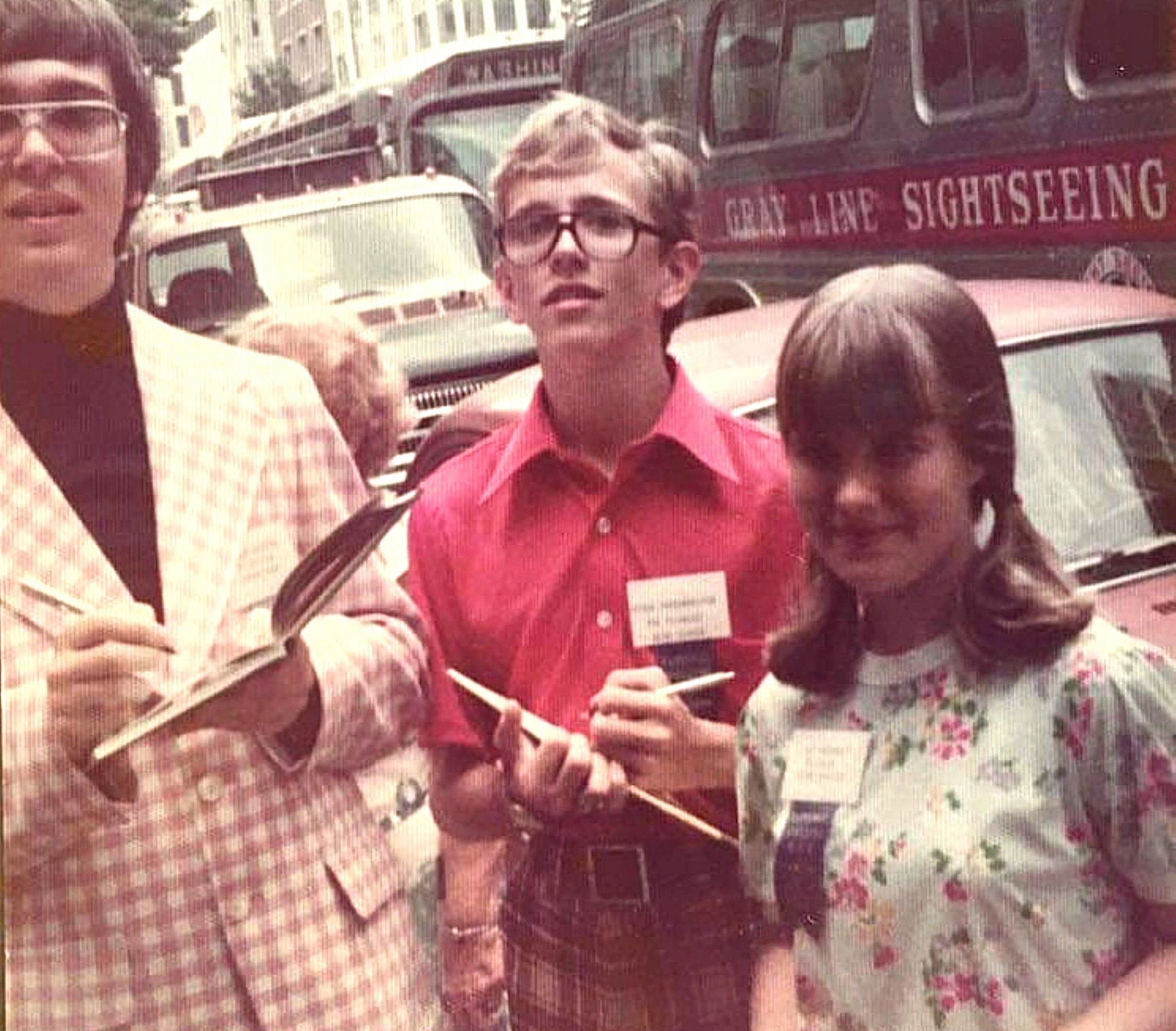AARP Hearing Center


Fifty years ago, as an eighth grader, I competed in the Scripps-Howard National Spelling Bee (NSB).
I didn’t win. I didn’t even come close. But the adventure had an e-n-o-r-m-o-u-s impact on me. Since this week is the 50th anniversary of my bee experience and the 100th anniversary of the NSB itself, it seemed like a good time to check in with a few of my fellow contestants about what this annual competition meant to us, and what it may mean to kids today.
An only child of a widowed mother, I was a reasonably well-rounded junior high student, but never part of the in crowd. I worked on my Illinois school’s newspaper, played clarinet in the band and participated in the school spelling bee — which I won. Next came the county bee, and from there I went to the regional bee in St. Louis, where I prevailed over dozens of contestants. My prizes included a TV, a Movado watch, a set of Britannica encyclopedias and an all-expenses-paid trip to Washington, D.C., to compete in the NSB. I had tasted victory, and it was sweet.


The flight to D.C. that spring of 1975 was my first-ever airplane ride, and it heralded a week full of firsts. With my mom as my chaperone, I joined other spellers and their families at a whirlwind of parties and sightseeing trips. We visited the Smithsonian Institution, Capitol Hill, Arlington National Cemetery and George Washington’s home in Mount Vernon, Virginia. We even got a White House tour, after which first lady Betty Ford — beautifully coiffed and dressed in a smart salmon-colored suit — came out on the Truman balcony to offer some general greetings to our group, gathered on the South Lawn below.
Most of the contestants were like me: good students, but fun-loving and eager to enjoy every moment of the week. Our parents allowed us to roam our hotel, the stately Mayflower, and we used that freedom to have elevator races and explore every inch of the building. My fellow contestant Brian Throckmorton, now a retired editor for the Kentucky Legislative Research Commission, told me recently that he’d felt a special kinship with the other brainy kids. Back home, as someone who had known he was gay since kindergarten, “I was always one of the top two or three contenders to be the ‘weird kid’ in the class,” he joked. The NSB “was probably the first time that I had met a bunch of new people, and it worked.”






































































You Might Also Like
Hey Mom, What’s That Growing Out of Your Chin?
The only thing worse than finding your first whisker is having someone else find it
I’m 86 and Just Earned My Master’s
It’s very possible to learn something new every day
Author Dave Barry Has Some Thoughts on ‘Boomer Gyration'
Gen Z remains seated while Boomers do the mashed potato